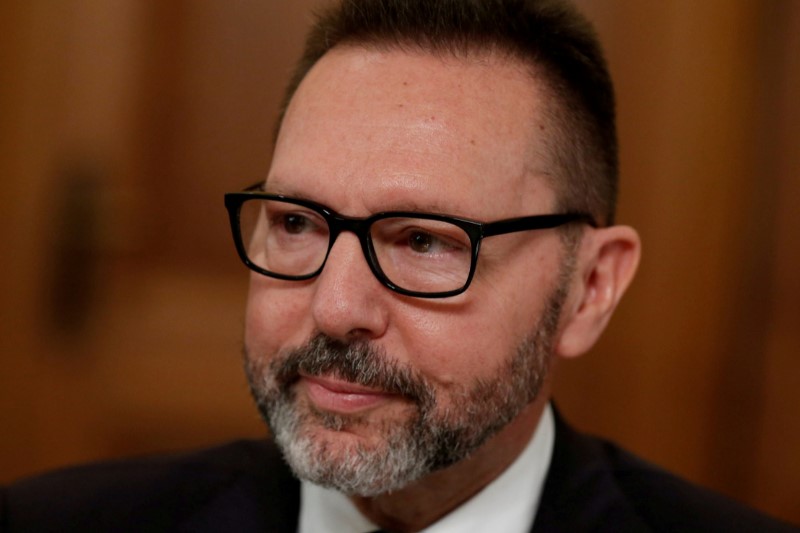Bill Gross warns on gold momentum as regional bank stocks tumble
Investing.com -- Tariff actions taken by U.S. President Donald Trump could reduce economic growth in the euro area by as much as 0.5 to 1 percentage points, said Yannis Stournaras, Governor of the Bank of Greece, in an interview with the Financial Times published Monday.
His warning comes as the European Union considers imposing its first wave of retaliatory tariffs on around $28 billion worth of U.S. goods, ranging from dental floss to diamonds, in response to Washington’s trade restrictions.
The EU’s 27 member states are currently facing 25% import duties on key products like steel, aluminum, and automobiles. Beginning Wednesday, nearly all other exports to the U.S. will face a 20% reciprocal tariff.
Stournaras expressed concern that a deepening trade conflict could trigger a significant drop in global demand, potentially causing a sharp slowdown in the Eurozone economy.
A substantial decline in economic activity could derail growth expectations and push inflation below target levels, he told the Financial Times.
Projections by the European Central Bank suggest that a 25% blanket tariff on European goods entering the U.S. could reduce Eurozone growth by 0.3 percentage points within a year.
EU retaliatory tariffs would likely amplify the impact, cutting growth by up to 0.5 percentage points.
Stournaras also emphasized that tariffs are inherently deflationary and noted that some of the U.S. measures had surpassed expectations in severity, contributing to an "unprecedented" level of global policy uncertainty, the FT reported.
On April 2, President Trump introduced a 10% baseline tariff on all U.S. imports, alongside higher levies affecting about 60 countries.
In 2024, the EU imported approximately €334 billion worth of goods from the U.S., while exporting €532 billion to the American market.
